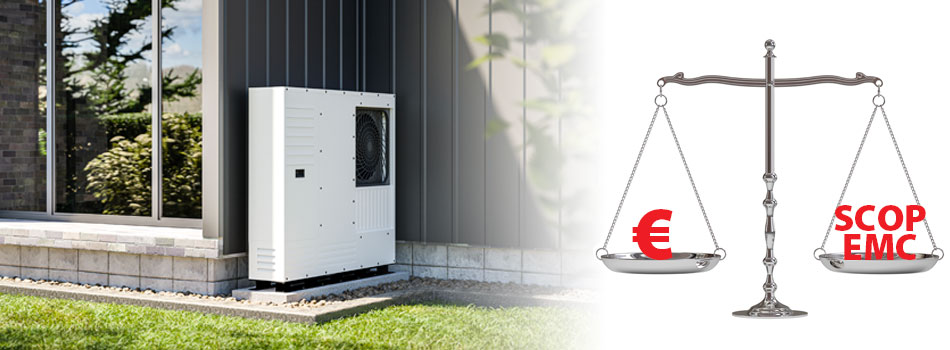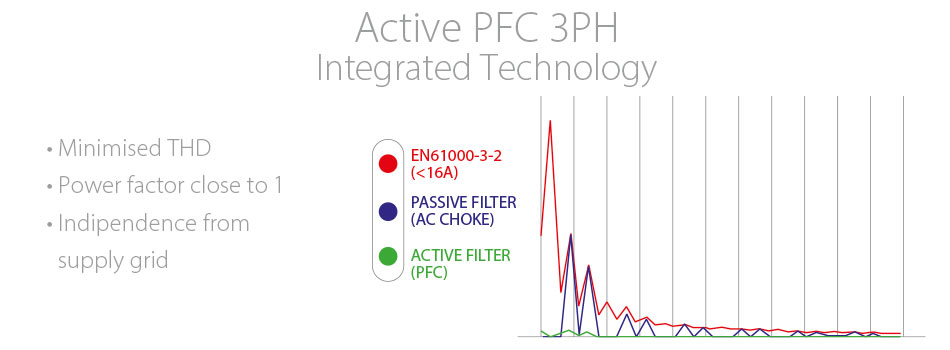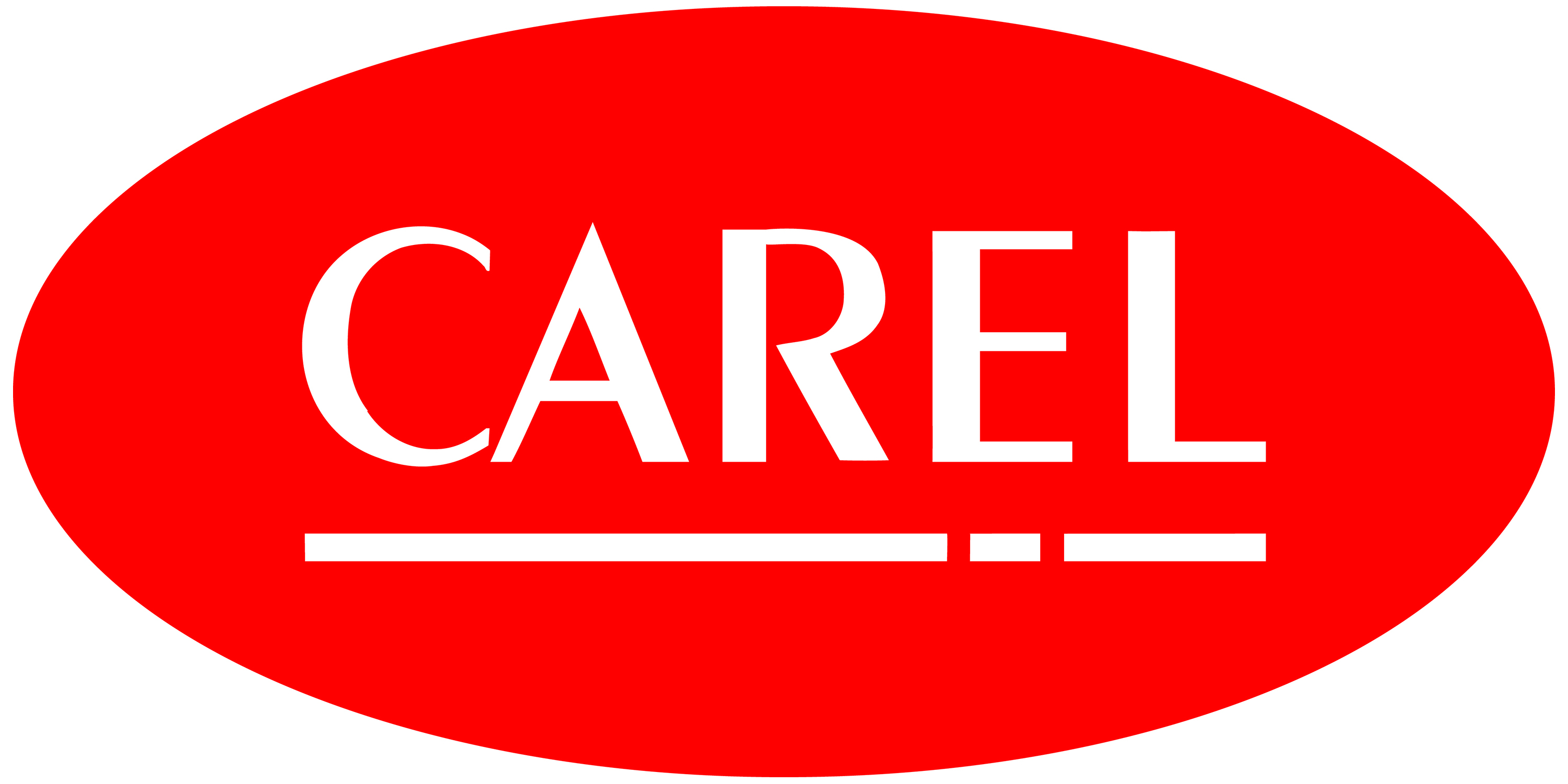Perspectivas de la tecnología de bombas de calor: su historia hasta ahora
As part of the transition to sustainable energy solutions, HVAC heat pumps have emerged as a key technology for reducing energy consumption while ensuring comfortable indoor environments. These systems are able to efficiently control the temperature by transferring heat between the inside and the outside, using electricity to produce work, i.e. powering compressors that circulate a refrigerant. However, as technology advances and products that run on electricity become more common on the market, regulatory requirements are also getting stricter, above all regarding harmonic compliance.

Regulations on harmonic compliance are vital to ensure a stable and efficient electrical grid. Harmonics are electrical currents or voltages that deviate from the standard fundamental frequency, typically multiples of the fundamental frequency (e.g. 5th, 7th or higher order harmonics). These, if not controlled, can cause inefficiencies and disturbance, and therefore higher power consumption than would be necessary to achieve the same benefit in terms of comfort. Heat pumps, just like any appliance equipped with inverters, can inadvertently introduce harmonics into the electricity grid, causing inefficiencies in power distribution.
Various solutions have been explored to address harmonic compliance in HVAC heat pumps. Passive filtering methods involve installing filters or transformers to attenuate harmonic currents and voltages before they are fed into the grid. Although effective, passive filters have some limitations in adapting to different loads, and may not offer optimal performance in all operating conditions.
Technological progress, combined with changes in electricity regulations and greater awareness of the issue of a clean and sustainable electricity grid, has led to the development of power factor correction (PFC). This an innovative solution not only solves the problem of harmonic compliance, but also optimises energy consumption and grid stability. PFC technology actively manages the power factor, aligning the phase relationship between voltage and current drawn from the grid. This minimises reactive power, reduces harmonic distortions, and improves overall energy efficiency.

PFC technology in HVAC heat pumps ensures compliance with electrical regulations by significantly reducing harmonic emissions. Furthermore, it optimises energy usage, meaning reduced losses, lower electricity bills for consumers and stress on the electricity grid, improving stability when compared to passive solutions.
Although the technology is well known in the literature and widely used in devices operating on single-phase networks, its application in inverters that run on three-phase network on consumer products represents a challenge. For residential heat pumps, many countries use the three-phase network, and for this reason the use of an inverter with PFC technology is essential. Will the market be ready?
